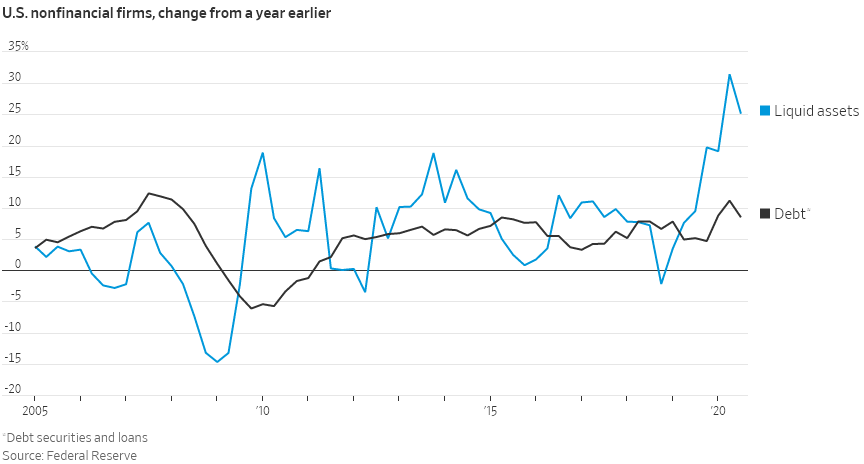This one relates to Congressman Eric Swalwell’s (D, CA) apparent compromise by the reputed People’s Republic of China spy Fang Fang (Christine Fang).
It seems that Fang hooked up with Swalwell early on, when he was a local politician, and she helped him rise into Congress: fundraising, staff selections, and the like. My question doesn’t relate, directly, to this particular tale.
There is a stock investing technique that centers on gorilla investing. This is a technique that attempts to identify a bunch of companies that are likely to be highly successful while those companies are in their early stages of development. The gorilla investor then pumps money into the stocks of each of those early-identified companies. As some of the companies grow in the market place, and many of them flame out, the gorilla investor bails on the flameouts and adds the money withdrawn from their stocks into to remaining putative gorillas. The process is repeated until only a few gorillas remain, and are true gorillas.
My question is this: are the relevant intelligence and investigative authorities looking into whether the PRC’s intelligence community has been and/or is still engaging in gorilla politician compromise, even actively aiding those most…promising? If so, are those early ones being identified and their histories vetted, with responses for those who still fail vetting?

